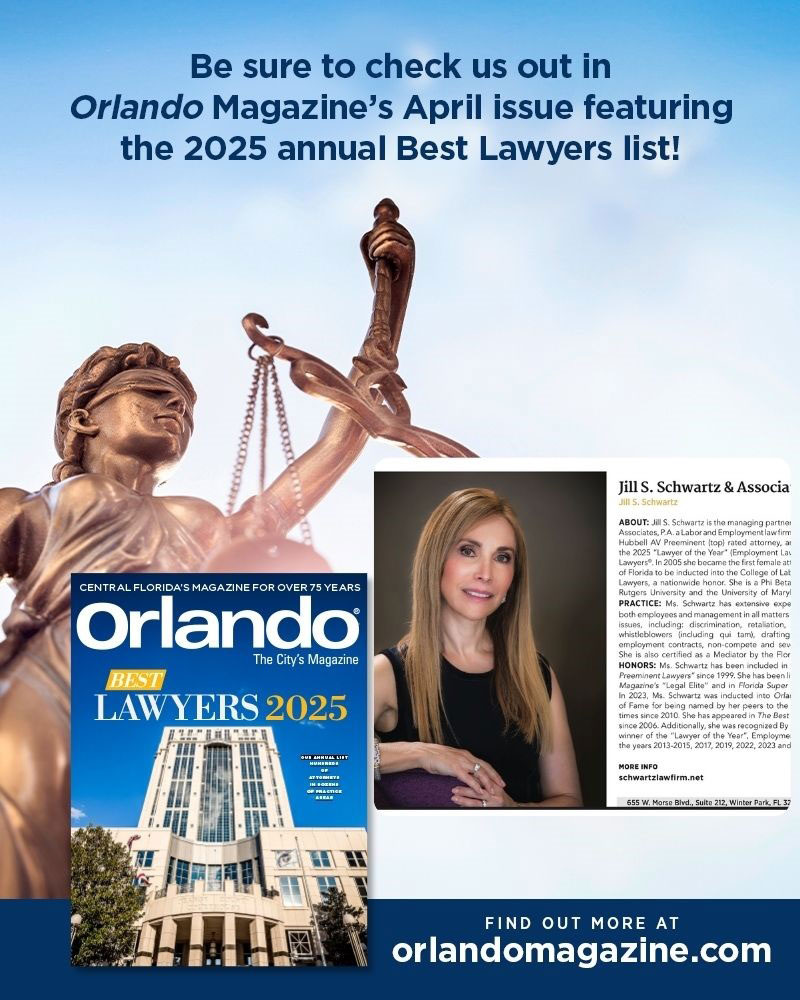In November 2025, the Equal Employment Opportunity Commission (“EEOC”) issued new guidance related to national origin discrimination under Title VII of the Civil Rights Act of 1964 (“Title VII”).[1] Like other federal agencies, the focus of the EEOC can change with each new presidential administration, and the EEOC will occasionally produce materials related to a specific topic that is important to the pertinent administration. These guidelines are non-binding but do provide an insight into the focus of the agency. This blog post will discuss the EEOC’s guidance related to anti-American bias under Title VII and will provide a hypothetical related to the issue.
As noted by the EEOC, “[u]nder Title VII, employment policies, programs, or practices may be unlawful national origin discrimination if they involve an employer or other covered entity (like a staffing agency or recruiter) taking an action motivated—in whole or in part—by an applicant’s or employee’s national origin.”[2] The EEOC’s guidance begins by focusing on “[d]iscriminatory job advertisements,” stressing to employers that under Title VII, discriminatory job advertisements are prohibited.[3] This includes “ads that say the employer prefers or requires applicants from a particular country or with a particular visa status (for example, ‘H-1B preferred’ or ‘H-1B only’).”[4]
The EEOC next turned its attention to disparate treatment, harassment and retaliation, noting that “Title VII bars discrimination against applicants or employees in the terms, conditions, or privileges of employment, including, but not limited to, hiring; firing; job assignments; compensation; training; fringe benefits; promotion; and demotion.”[5] By way of example, the EEOC first asserted that “[e]vidence of disparate treatment related to firing can include a company terminating American workers who are on the ‘bench’ between job assignments at a much higher rate than employees who are visa guest workers.”[6] In addition, the EEOC noted that “[e]vidence of disparate treatment related to hiring can include an employer making it more difficult for applicants from one national origin to apply for positions (for example, subjecting U.S. workers to more laborious application methods than H-1B visa holders during the PERM labor certification process).”[7] The EEOC further stressed that Title VII prohibits harassment on the basis of national origin, and provides the example of an employee being subjected to unwelcome remarks or conduct.[8] Finally, the EEOC emphasized that Title VII prohibits retaliating against an employee because the employee complained of national origin discrimination, participated in an EEOC investigation, or filed a Charge of Discrimination.[9] The EEOC’s guidance document makes it apparent that the agency will be taking special interest in cases involving discrimination against Americans based on their national origin.
By way of example, Edward, owner of Enigma, Inc., employs a rogues’ gallery of employees, including Oswald, at a pest control company. Oswald, who has been with the company for just over one year, often makes comments that Victor, a longtime and loyal employee, is a “lazy American,” who cannot compare to Al, who was born in Tunisia. On a daily basis, Oswald berates Victor and discusses his national origin in a demeaning manner. It is clear that Oswald favors Al, and ultimately Oswald promotes Al to Senior Bat Catcher over the more experienced and longer-tenured Victor. Victor raises a complaint to Edward and discusses the comments and conduct of Oswald with him. Within one week of raising his complaints, Edward terminates Victor. Victor will have a strong case of national origin discrimination and retaliation against Enigma, Inc., should he seek counsel from the city’s best-known attorney, Harvey. Although not commonly seen, it is clear that employers cannot discriminate on the basis of any national origin, including American. Failure to heed this important signal can lead to a “Bat” time.
If you have any questions or concerns regarding this topic, or any topic related to labor and employment law, please contact us.
[1] “Discrimination Against American Workers is Against the Law,” U.S. Equal Employment Opportunity Comm’n, available at https://www.eeoc.gov/discrimination-against-american-workers-against-law (last visited Dec. 29, 2025).
[2] Id.
[3] Id.
[4] Id.
[5] Id.
[6] Id.
[7] Id.
[8] Id.
[9] Id.
Photo by Nathan Sack on Unsplash
















